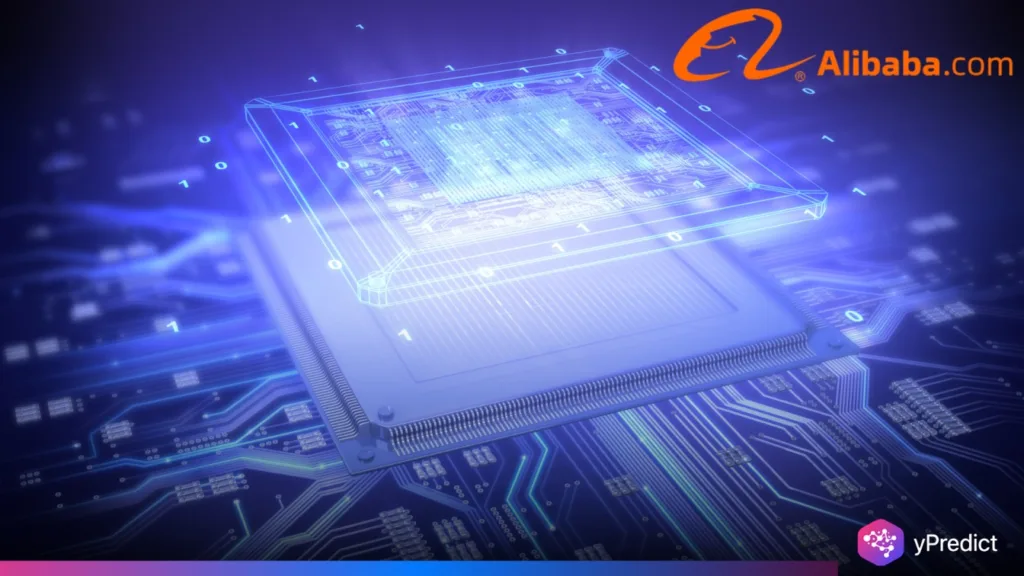
Alibaba’s PPU ASIC, freshly unveiled, is China’s latest push for a slice of the AI hardware future With 96GB of HBM2E memory, 700 GB/s bandwidth, 118 TFlops of performance and a 400W power draw, this chip is built for one purpose — running gargantuan AI models in real-time. It’s not a training chip—it’s for low-latency, computationally efficient inference, answering questions, translating speech or driving a car, in the moment. The PPU is notable not for its raw specs, but what it symbolizes: China’s drive to build domestic alternatives to Western chips — especially as access to leading-edge hardware from suppliers such as NVIDIA gets harder and harder,
What the PPU Adds
This chip isn’t a simple number bump. Its 96GB of HBM2E – stacked directly on the silicon – also means it can fuel feeding of starved AI models without lagging. Bandwidth reaches 700 GB/s, massively outpacing normal server chips and even more than capable of what can be done over PCIe 5.0 alone. This isn’t a coincidence. Alibaba constructed the PPU for inference, where velocity trumps all. You might run a large language model, get instant responses, and back tens of thousands of users with no lag. Its 118 TFlops of compute power puts it near the top of the pack, competing with Google’s latest Ironwood TPU for some workloads.
But the PPU isn’t perfect. It gulps 400 watts, so cooling is no picnic. Most data centers aren’t set up to handle that amount of heat from individual cards. Google liquid cools its Ironwood TPUs and Alibaba might have to, too. Then there’s the flexibility problem. Whereas GPUs can train and run all sorts of models, the PPU is inference-optimized. It won’t replace NVIDIA’s top for training. But it could give Chinese tech firms a viable means of running cutting-edge AI without foreign silicon.
The bigger picture for AI chips
The PPU is a world-wide movement. Training AI models moves the headlines, but inference—using those models—is now equally important. For the firms desire chips that yield immediate impact, be it for chatbots, video scrutiny or self-driving cars. Custom chips like the PPU and Google’s Ironwood, which are engineered for this with massive memory and bandwidth—not just pure compute. This changes the market. GPUs still dominate training, but for inference, the need for specialized silicon is increasing.
But the PPU is political too. US chip export controls mean China has to innovate alone Alibaba, Huawei, Baidu and others. All producing their own AI chips as well, to end reliance on NVIDIA Advancements, but continues to be challenging. Chinese chips often fall short on both performance and durability. The PPU’s massive power consumption and thermal requirements are a testament to the fact that catching up isn’t merely an exercise of matching specs on paper. Still, for China, chips such as this are about more than tech — they’re about sovereignty.
What Comes Next
Alibaba’s PPU is a bold move in an accelerating competition. It proves that China can make combative AI chips, no matter how rocky the road ahead. For data centers, the PPU could mean faster AI services—but, that is, if they can stay cool. For the industry, it’s a sign that inference is now a battleground, with bespoke chips rising to challenge GPUs. And for geopolitics, it’s proof the tech cold war is remaking hardware as much as software.] The PPU probably won’t overthrow NVIDIA overnight, but it’s a clear shot and a hint towards the future of AI acceleration.






